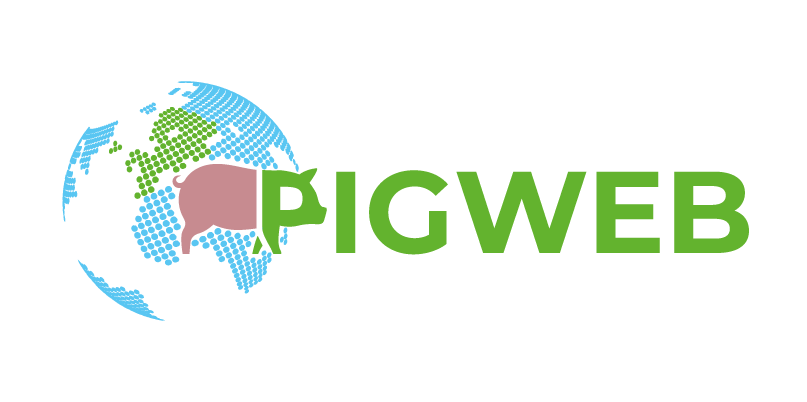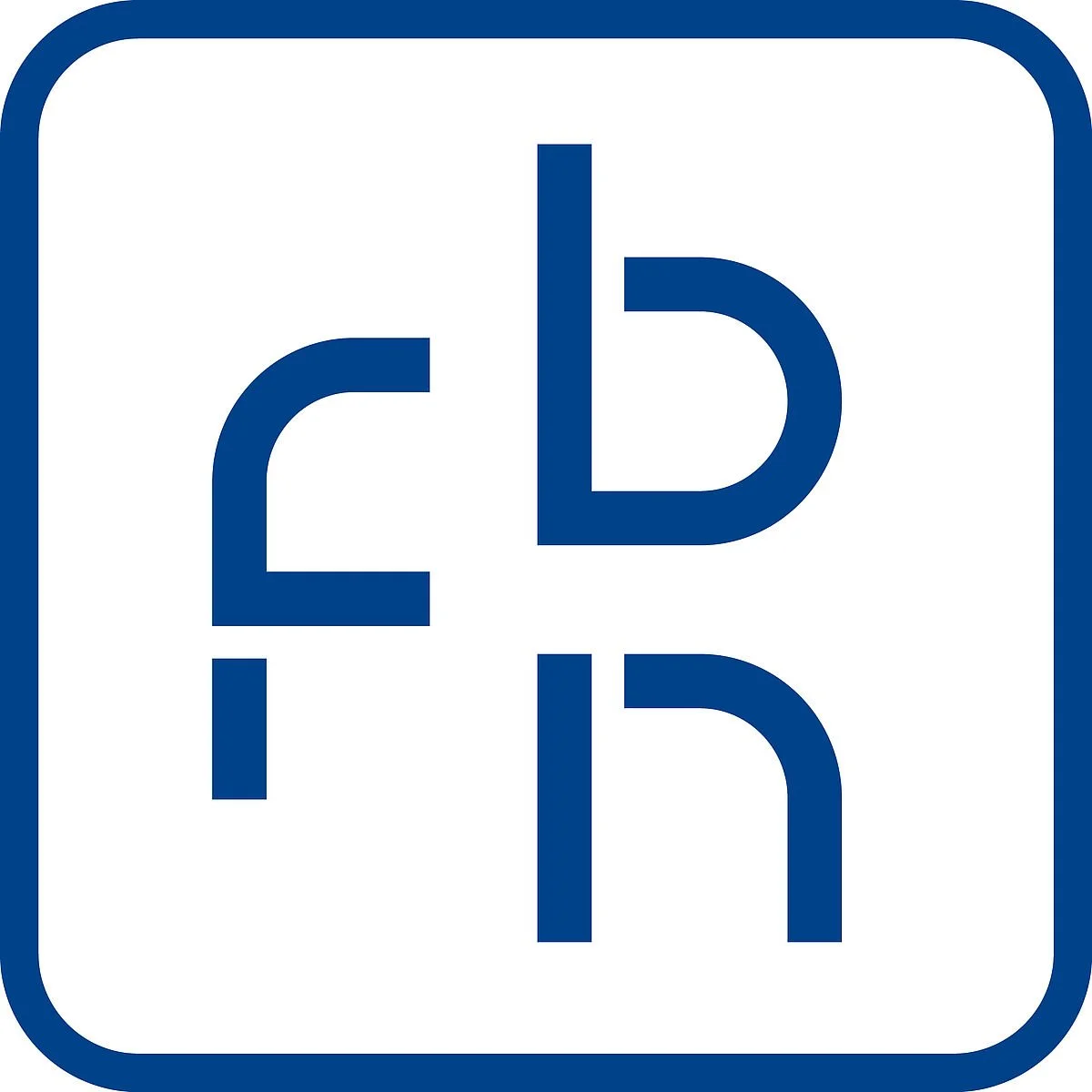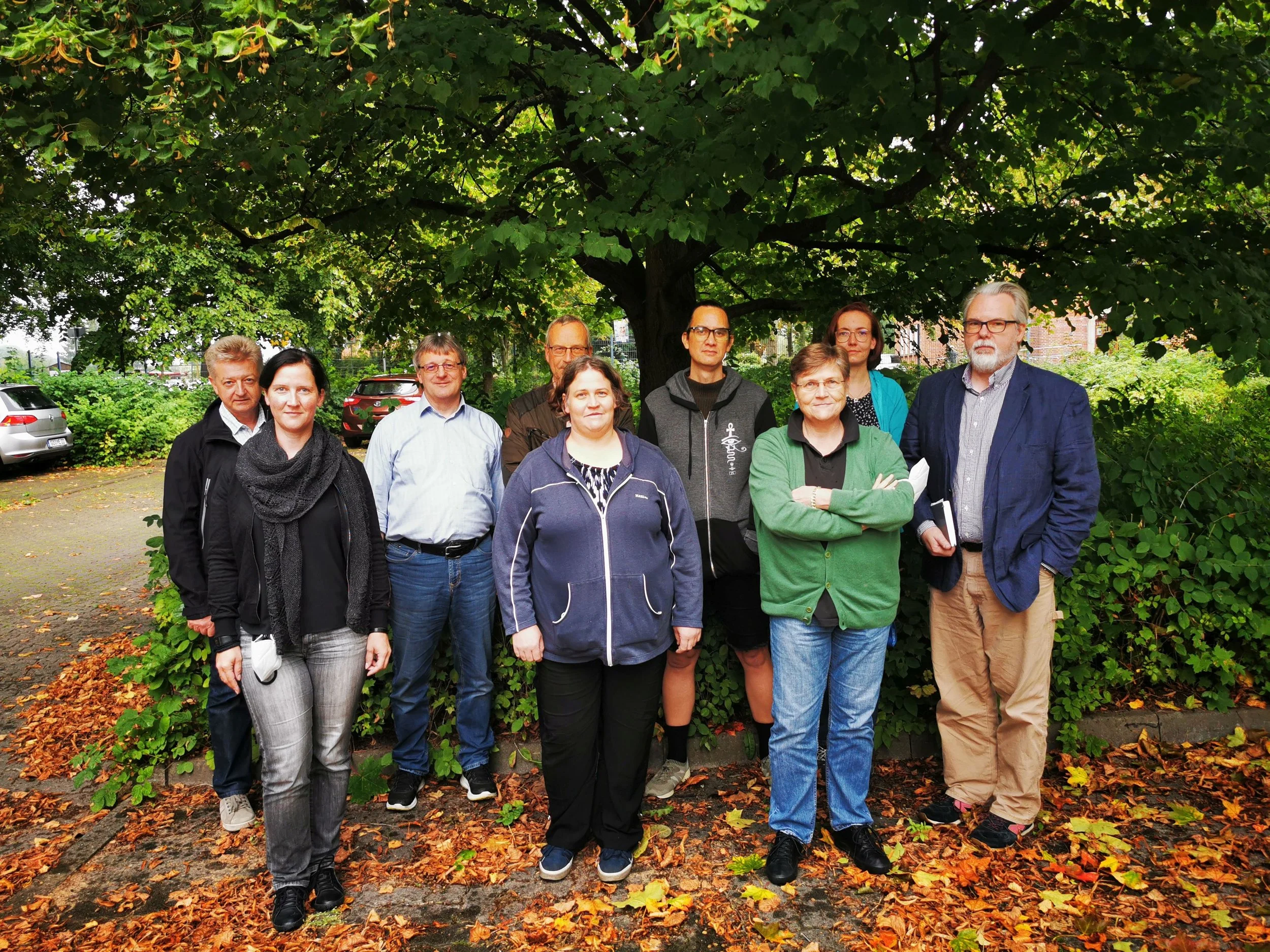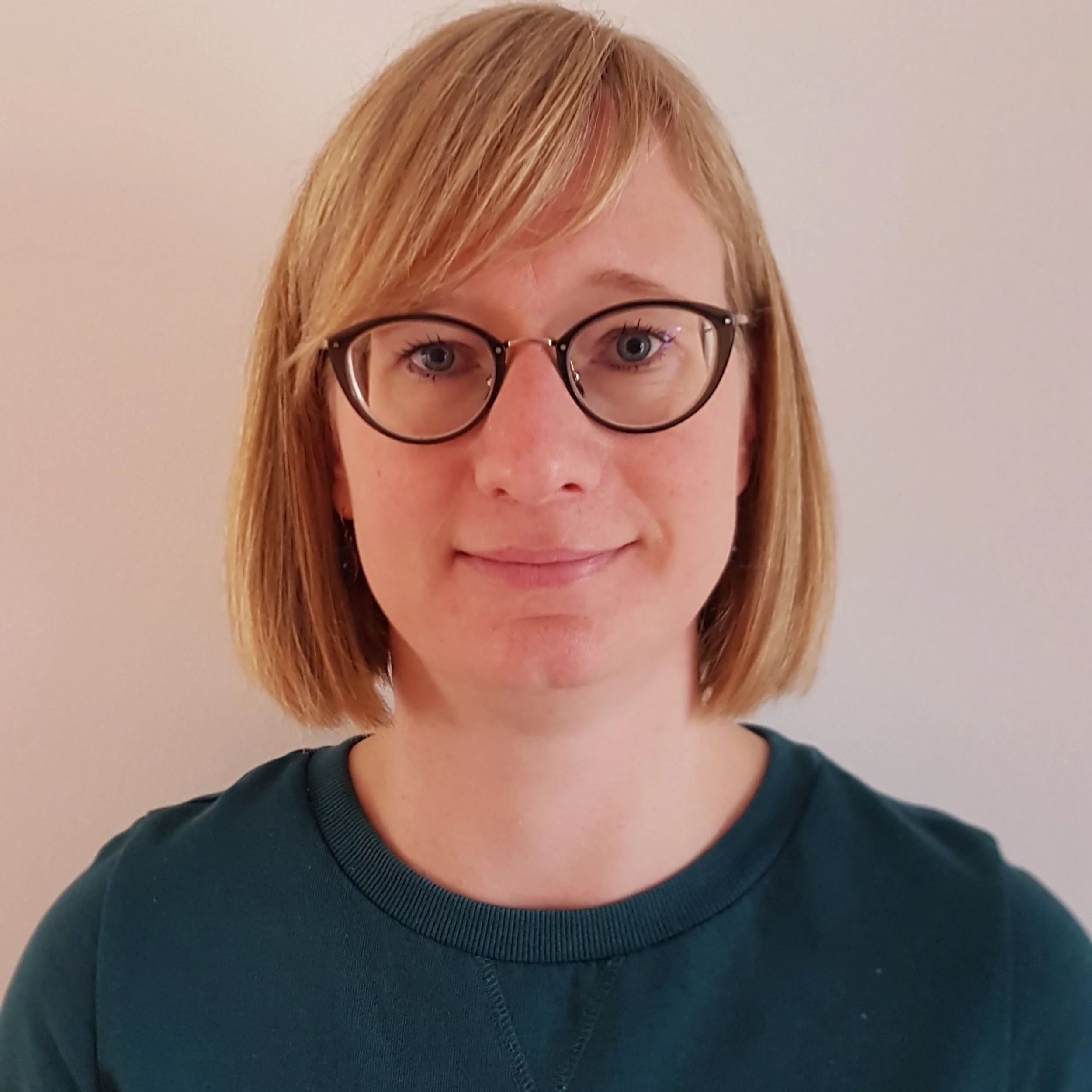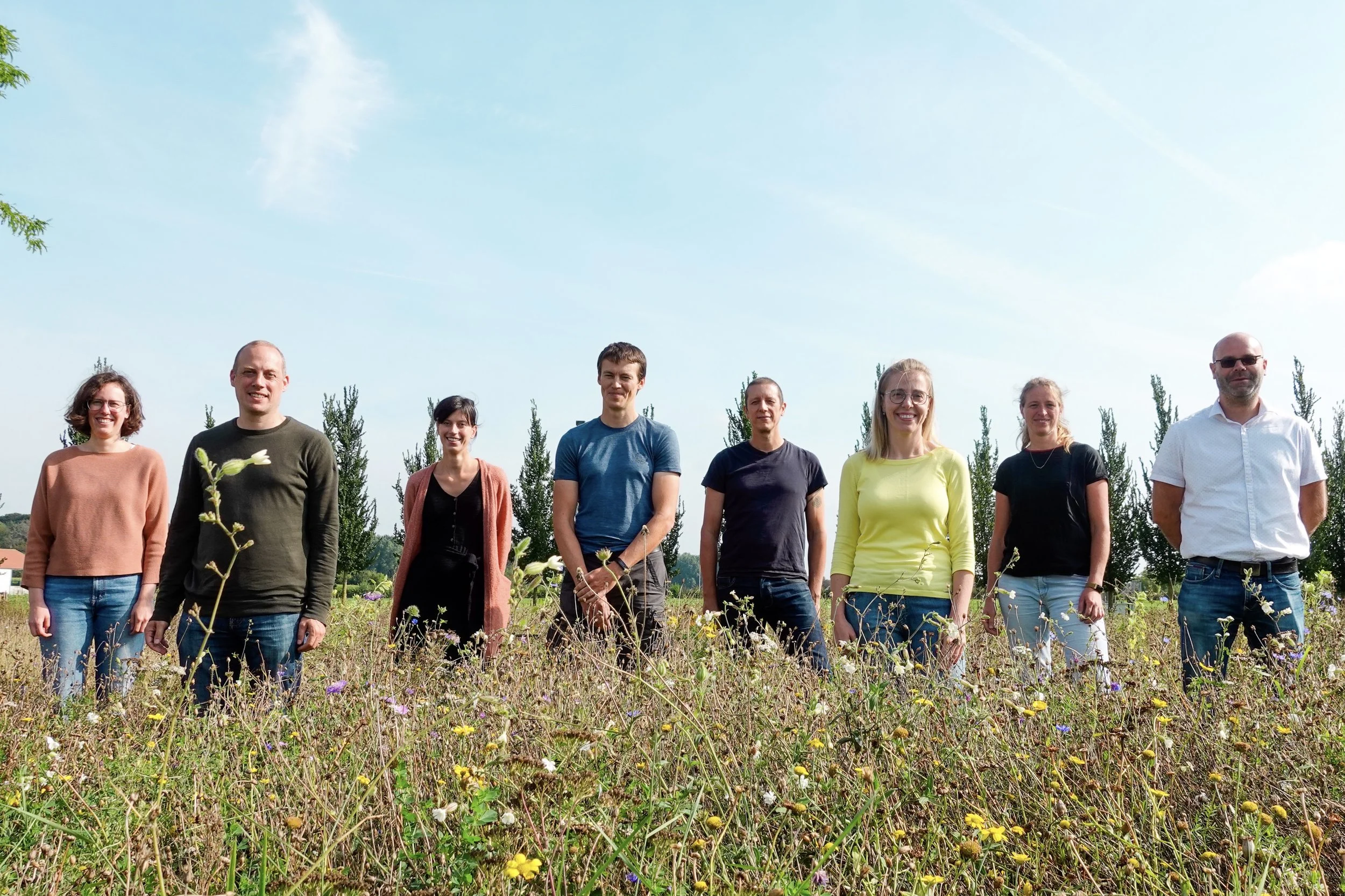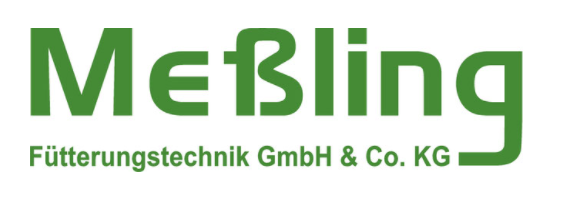Meet PIGWEB Partners
Institut national de recherche pour l’agriculture, l’alimentation et l’environnement (INRAE)
INRAE, the French National Research Institute on Agriculture, Food, and the Environment, has a long-standing history of carrying out research and coordinating international research projects on sustainable livestock production. The participating research units have expertise in pig nutrition, (digestive) physiology, genetics, animal behaviour, and pig production systems in temperate and tropical climates. Research is carried out by experimental methods and through alternative methods such as simulation modelling. The units that provide access for TNA and JRA activities have facilities for research in the aforementioned disciplines. INRAE also has expertise on data management and Open Science. In PIGWEB, the tasks of INRAE include the coordination of the project (WP8) and on data management and Open Science (WP3). INRAE provides access to five installations for TNA access. INRAE also participates in the development and testing of non- or less invasive proxies to assess nutrient digestibility, metabolic status and performance, and in the development of novel methods to determine milk and food intake in piglets.
Jaap van Milgen
Senior scientist and PIGWEB project coordinator
Research Institute for Farm Animal Biology (FBN)
The Research Institute for Farm Animal Biology (FBN) is the largest public research institution in Germany dedicated to farm animals. FBN has 280 employees, among them 60 scientists and 65 PhD students, and addresses research questions in pig nutrition, physiology and welfare, from the whole body to the molecular level. FBN provides science-based knowledge for diversified animal farming for the production of health-promoting, high-quality foodstuffs of animal origin. FBN’s research leads to the improvement of animal health and welfare, adaptability and biodiversity and resource efficiency by applying the latest technologies in animal sciences. FBN offers scientific services to third parties within and outside Germany. In PIGWEB, FBN is a member of the executive committee, the TNA selection committee and leads WP6. In addition, FBN provides access to its RI in the TNA programme, and organizes the PIGWEB Summer school on responsible experimental pig research (WP4).
PIGWEB FBN group
Prof. Dr. Cornelia C. Metges - Nutritional Physiology
Dr. Harald Hammon - Nutritional Physiology
Dr. Manfred Mielenz - Nutritional Physiology
PhD Quentin L. Sciascia - Nutritional Physiology
Prof. Dr. Klaus Wimmers - Genome Physiology, Director of FBN
Dr. Nina Melzer - Genetics and Biometry
Prof. Dr. Steffen Maak - Muscle Biology
Marianne Zenk - Pig facility manager
Prof. Dr. Gimsa Ulrike - Behavior Physiology
Dr. Gürbüz Das - Nutritional Physiology
Dr. Liza Moscovice - Behaviour Physiology
Dr. Sandra Düpjan - Behavior Physiology
Dr. Michael Oster - Genome Physiology
Aarhus University (AU)
Aarhus University (AU) is the second largest education and research organisation in Denmark with more than 37,000 students, 1,900 PhD students, 700 postdoctoral scholars, and 8,000 employees (2012). AU covers the entire research spectrum: basic research, applied research, strategic research, and research-based advice to the authorities. The Department of Animal Science (ANIS) is located at Campus Foulum, approximately 60 km from Aarhus. The objective of ANIS is to carry out basic, strategic and applied research in issues relating to the nutrition, health and welfare of livestock, companion animals and humans. ANIS has extensive experimental and laboratory facilities and a secretariat. Laboratory facilities are available with equipment amongst other a FOSS NIRS scanner and database of feed samples from over 30 years of animal nutrition studies to be used in WP5. The department has extensive expertise in measuring animal welfare, behaviour, stress, and emotions in many domesticated animal species that will be used in WP2, 6 and 7. AU participates in PIGWEB via the Department of Animal Science and will lead WP5 and be involved in several WPs. AU provides access to three installations for TNA access.
Jan Værum Nørgaard - Associate Professor
Mette Herskin - Senior Researcher
Samantha Noel - Researcher
Lene Juul Pedersen - Professor
Leslie Foldager - Senior Researcher
Institut de Recerca i Tecnología Agroalimentàries (IRTA)
IRTA is a public institution, part of the regional Government of Catalonia, Spain. IRTA’s activity on animal science covers animal breeding, nutrition and welfare, health and aquaculture. The Animal Nutrition program works on enzyme applications, intestinal health, and body composition. The Animal Welfare program focuses on the development of new methods for the on-farm welfare assessment and the sustainability in livestock production. The Product Quality program focuses on quality of meat from a technological, nutritional, sensory and social points of view in relation to genetics, feeding, and ante and post mortem treatment. The Animal Breeding and Genetics program focuses on genetics and genomics applied to improve animal robustness and production efficiency for more sustainable livestock systems. In PIGWEB, IRTA is involved in WPs 1, 2, 3, 6, and 7 and will provide access to two installations.
Wageningen University & Research (WU)
WU is a leading European university in Life Sciences. WU provides education to 12,000 students and generates knowledge in the field of life sciences and natural resources. Within the animal sciences group, the chair groups of Animal Nutrition and Adaptation Physiology have extensive knowledge on pig research, particularly in the area of feed (ingredient) processing, digestive physiology, metabolism and (emotional) behaviour. Within the PIGWEB project, WU provides expertise for aligning protocols and best practices for various types of experiments with pigs. In addition, the animal welfare officer will be co-leading an inventory of ethical standards for pig experiments among countries. Within various work packages, WU will contribute to the development of novel methods replacing ileal digestibility experiments by non-invasive methods. WU will explore the use of head surface thermographic pattern and facial expression as indicators of positive and negative emotions. WU provides access to two installations for TNA access.
Dr. ir. J.E. (Liesbeth) Bolhuis - Associate Professor Adaptation Physiology Group
Rob Steenmans
Animal Welfare Officer
Dr. I. (Inonge) Reimert - Senior researcher in the Adaptation Physiology Group
M.J.W. (Marcel) Heetkamp, BSc - Senior technician at the Adaptation Physiology Group
Prof. dr. ir. W.J.J. (Walter) Gerrits - Personal professor in the Animal Nutrition Group
Swedish University of Agricultural Sciences (SLU)
At the Faculty of Veterinary Medicine and Animal Sciences, we work with most aspects of our animal’s lives and health, including farm animals as well as sports animals and pets. The faculty is the only one in Sweden with the competence to carry out advanced, large-scale research with cattle, pigs, horses, and poultry, and clinical research with these species and dogs and cats. Our thematic breadth is extensive, from animal husbandry, animal health and welfare, food safety and quality well to public health. In all these areas, we do research and educate at undergraduate, graduate and postgraduate levels. The expertise in animal breeding, feeding, husbandry and welfare at SLU greatly contributes to the fact that Swedish pigs have the highest welfare and lowest antibiotics use in Europe. SLU contributes with its modern experimental farm, and a wealth of expertise in pig research and handling Big Data. SLU leads WP2 and contributes to the other WPs. SLU provides access to one installation for TNA access.
Agroscope (Agroscope)
Agroscope is the Swiss centre of excellence for agricultural research and is affiliated with the Federal Office for Agriculture. Its researches focus along the entire value chain for a sustainable agriculture and food sector. The Swine production research group of Agroscope Posieux aims to develop tools applicable by the farmers and feed industry to reduce veterinary interventions for a sustainable and competitive production of milk, and meat as the basis of healthy, safe, high quality foodstuffs and supplements. Agroscope contributes to numerous international projects and projects under EU Framework Programmes. Using state-of-the-art sow facilities, the research group Swine Production also conducts basic-applied nutrition and breeding research with focuses on nutrient utilisation efficiency, animal health (reduced use of antibiotics) and sow production and early piglet survival. In PIGWEB, Agroscope is the leader of WP7 and will be involved (i) in the development of SOPs and guidelines to ensure high quality of expertise and ethics in the RI of the network in WP2, (ii) in testing new minimally-invasive methods (3Rs) for blood sampling in WP5, (iii) in refining methods to measure body composition with non-invasive methods in pigs in WP6 and (iv) in dissemination activities in WP4. Agroscope provides access to two installations for TNA access.
Claudia Kasper
Marion Girard
Giuseppe Bee
Catherine Ollagnier
Patrick Schlegel
EIGEN VERMOGEN van het INSTITUUT voor Landbouw- en Visserijonderzoek (EV ILVO)
EV ILVO was created in 2005 by the Flemish Government as a legal entity with a corporate personality and has 420 employees. Its researchers are grouped into 4 units: Plant Sciences, Animal Sciences, Technology and Food Sciences and Social Sciences. EV ILVO works collaboratively at the national and international level to promote economically, ecologically and socially sustainable agriculture, fisheries and agro-food production. The Animal Sciences unit of EV ILVO focuses on sustainable cattle, pig and small livestock husbandry. It aims to support farmers achieving cost-effective livestock farming systems, considering the most important societal challenges such as the impact on climate and environment, animal welfare, tasteful and healthy products and valorisation of feed materials. EV ILVO develops innovative animal and environment-friendly agricultural systems with solid expertise in precision livestock farming and precision crop farming. It integrates these novelties in innovative production systems. It combines technical competence with mathematical and IT-based methods. Considerable effort has recently been put in precision pig farming for monitoring individual fattening pigs and sows. In PIGWEB, the main tasks of EV ILVO will be in networking activities (WP1 leader, task leader in WP2), and in providing TNA access (four installations). The expertise of EV ILVO will be brought into the JRA activities. The networking activities links closely with the activities of our living labs on animal husbandry, an ecosystem where primary producers and suppliers, policy-makers, sector organizations, companies and researchers can meet and inspire each other.
Sam Millet - Researcher
Marijke Aluwé - Researcher
Carolien De Cuyper - Researcher
Eva Brusselman - Researcher
Jarissa Maselyne - Researcher
Sarah De Smet - Researcher
Samuel Bosch - Software developer
Bart Ampe - Statistician
Frank Tuyttens - Researcher
Evelien Van Rymenant - Researcher
Koen Gallet - Software developer
Siham Kourdi - Software developer
The Hungarian University of Agriculture and Life Sciences (MATE)
The Hungarian University of Agriculture and Life Sciences (MATE) is a leading academic institute in animal science in Central European. Its swine research facility serves performance trials, digestibility and metabolic studies, in which the animal response is examined using different feeding strategies, feed ingredients, and feed supplements, and mycotoxin exposure. MATE has a myograph to measure the EGG and ECG signs of the gastrointestinal tract and the heart, respectively. Rapid analytical laboratory has different near-infrared spectroscopy (NIRS) instruments that are available to estimate the nutrient content of feed and other samples.
The Institute of Physiology and Nutrition which is involved in PIGWEB consists of four departments, the Department of Physiology and Animal Health, the Department of Nutrition and Nutritional Physiology, the Department of Farm Animal Nutrition, and the Department of Feed Safety. The Institute coordinates and implements courses on disciplines of animal physiology, animal health, animal hygiene and nutrition at the university level. It is responsible for conducting multidisciplinary scientific research in line with the profile of the Institute, contributing to the research and development activity especially in the following areas: feed and food safety, One health, precision feeding, reproductive physiology of farm animals, environmental and sustainability aspects of animal production. In PIGWEB, MATE provides TNA access to the Swine research facility and rapid analytical lab, and is involved in the network of TNAs (WP1). Experience in digestibility studies is shared in WP2. The heart functioning measurements by myograph is assessed in WP6; NIRS measurements are performed in WP5. MATE leads Task 7.1 and Task 7.3 on data processing and modelling.
Medicopus Healthcare Provider and Public Nonprofit Limited Liability Company (Medicopus)
The research department of Medicopus has been applying diagnostic imaging tools for over 25 years in agricultural studies and education. In many cases, it performed ground-breaking work in developing examining methodology in live animals and products of animal and plant origin using computed tomography and magnetic resonance imaging. The research team contributes to improving selection in animal husbandry (poultry species, rabbit and swine) by performing series of examinations to develop automatic segmentation software adapted to specific breeding goals. The examinations include almost all animal species farmed in the EU and some exotic species. The Faculty of Agricultural and Environmental Sciences (Kaposvár University) is our main partner, but we also cooperate with other European research institutes and universities. In PIGWEB, Medicopus will be involved in trials using cross-sectional digital imaging techniques like magnetic resonance imaging in WP6 (T6.4), imaging data management in WP2, and data collection and analysis activities in WP7. Medicopus will share the computed tomography scanning facility in TNA.
Stichting Wageningen Research (WR)
Stichting Wageningen Research (WR) consists of specialised institutes for applied research in the domain of healthy food and the living environment. The research institute involved in PIGWEB is Wageningen Environmental Research (WEnR) that focuses on aspects such as land cover and land use, the use of geo-information and remote sensing, landscape and spatial planning, forestry, flora and fauna, soil, water, climate, vegetation, recreation and its governance. WEnR employs around 40 specialists in the field of Information Infrastructures, software engineering, Big Data analytics and processing, GIS & Remote Sensing and agro-environmental modelling. The work of this group focuses on innovative research and applications in these areas, including data management, data integration and data-intensive processing, linked (open) data and semantic technologies but also data visualization and dissemination. WR is strongly involved in the development and deployment of data and RI in its working fields. In PIGWEB, WR will set up capacity building on FAIR data infrastructures and formulating the requirements for a future e-infrastructure and brings in WR’s expertise in designing and setting up e-infrastructures and its track record on open and FAIR data.
Arador Innovations (Arador)
Arador (www.arador.fi) is a start-up developing new solutions for using infrared thermography to measure animal welfare. Founded in October 2019, its current personnel involves two founders and two interns, but will be expanded during 2020. The competence contributed by Arador will include: (i) A novel method for monitoring brain functioning by detecting asymmetry in surface temperature distribution in specific parts of the head. This makes it possible to develop new methods to detect positive vs. negative affective states, a key determinant of animal welfare, by utilizing infrared thermography. The model was developed by Helena Telkänranta, the co-founder and main thermographic expert of Arador. (ii) (ii) Practical experience and expertise in planning accurate thermographic experiments on affective states in animals, including pigs. This includes e.g. development of multidisciplinary research questions, as well as identifying and preventing environmental and physiological confounding factors, which is crucial for measurement accuracy. The main tasks of Arador in WP6 will include participation in planning research questions and thermographic experiments; transfer of skills and knowledge to other participants, including training researchers in the use and in-depth understanding of thermographic techniques; and participation in the development of methods for data analysis.
Helena Telkanranta - CEO
Meßling Fütterungstechnik GmbH & Co KG (FTB)
Meßling Fütterungstechnik GmbH & Co KG (FTB) is a small-sized company (6 employees) that has been selling and developing automatic feeding systems for farm animals for over 15 years, with a focus on growing young animals, and offers feeding systems tailored to customer requirements. FTB has many years of technical and practical experience in the construction of systems for the provision of liquid feed for piglets and fattening pigs and distributes, among other things, its own-patented liquid feeding system for rearing piglets (PORCIPULSator). In PIGWEB, FTB will contribute to WP6 and will develop an innovative automated prototype device to supply suckling pigs individually in the farrowing pen with milk replacers of different compositions. Based on individual piglet recognition, the prototype will also record the milk intake and meal pattern in the farrowing pen. The device will be installed in a farrowing room of the FBN pig facility and validated there with respect to acceptance by the piglets and the measured milk replacer intake. Following validation at FBN, FTB will produce a second prototype of the automatic feeder for piglets and install it at the INRAE in France, where the suckling behaviour of piglets with different milk replacer compositions will be investigated.
European Forum of Farm Animal Breeders - EFFAB
EFFAB is the main representative organisation for the animal breeding and reproduction industry. It also holds the secretariat office of FABRE-TP. The major European breeding organisations are members of EFFAB (ruminants, pigs, poultry, and aquaculture – from small cooperatives to international organisations). EFFAB encompasses a unique stakeholder network among them industry experts, scientists, policy-makers, politicians, NGOs. EFFAB has been the initiator and coordinator of socio-economic and research directive activities, e.g. socio-economic aspects in animal breeding and animal health genomics, the definition of sustainable breeding in a broad society exercise, development and implementation of code of good practice (Code EFABAR) ensuring sustainable breeding programmes and dissemination of knowledge by linking industry and research.
In PIGWEB, EFFAB will mainly be involved in the WP4 as the organisation’s main expertise is based on dissemination, exploitation, and technology transfer of results generated by the project.
Geena Cartick | Project Advisor
Dr. Cagla Yuksel Kaya Kuyululu | Senior Project Manager
Remark Tamali | Communications Advisor
Maureen McDonald | Creative Communications Officer
European Science Communication Institute (ESCI)
The European Science Communication Institute (ESCI) is a not-for-profit organisation with headquarters in Germany. ESCI collaborates with scientists and research institutions and helps them bridge the gap between science and society. In PIGWEB, ESCI will contribute to the communication and dissemination activities and identify the communication needs for the specific audiences. ESCI also leads PIGWEB’s Instagram and Facebook accounts, public events' organizations, and surveys focused on better understanding the public perception of pig farming.
INRAE Transfert S.A. (IT)
INRAE Transfert is a fully owned INRAE subsidiary founded as a technology transfer company specialising in the field of innovating technologies arising from agriculture-related research. Its role is to exploit INRAE’s research results and develop them into concrete business opportunities. The IT European Projects Department was created in 2004 to strengthen INRAE’s contribution to the implementation of the European Research Area with the mission to help INRAE researchers and partners to set up projects in response to EC calls and manage them when selected by the EC. In PIGWEB, IT will take charge of the project management tasks supporting the Coordinator (INRAE), the PIGWEB decision-making and implementing bodies of the project and the whole consortium (in WP8). Amongst others, IT will support the consortium on administrative and financial issues, meeting logistics, etc. and will develop and update the project collaborative workspace (internal project repository for information exchange and storage).
